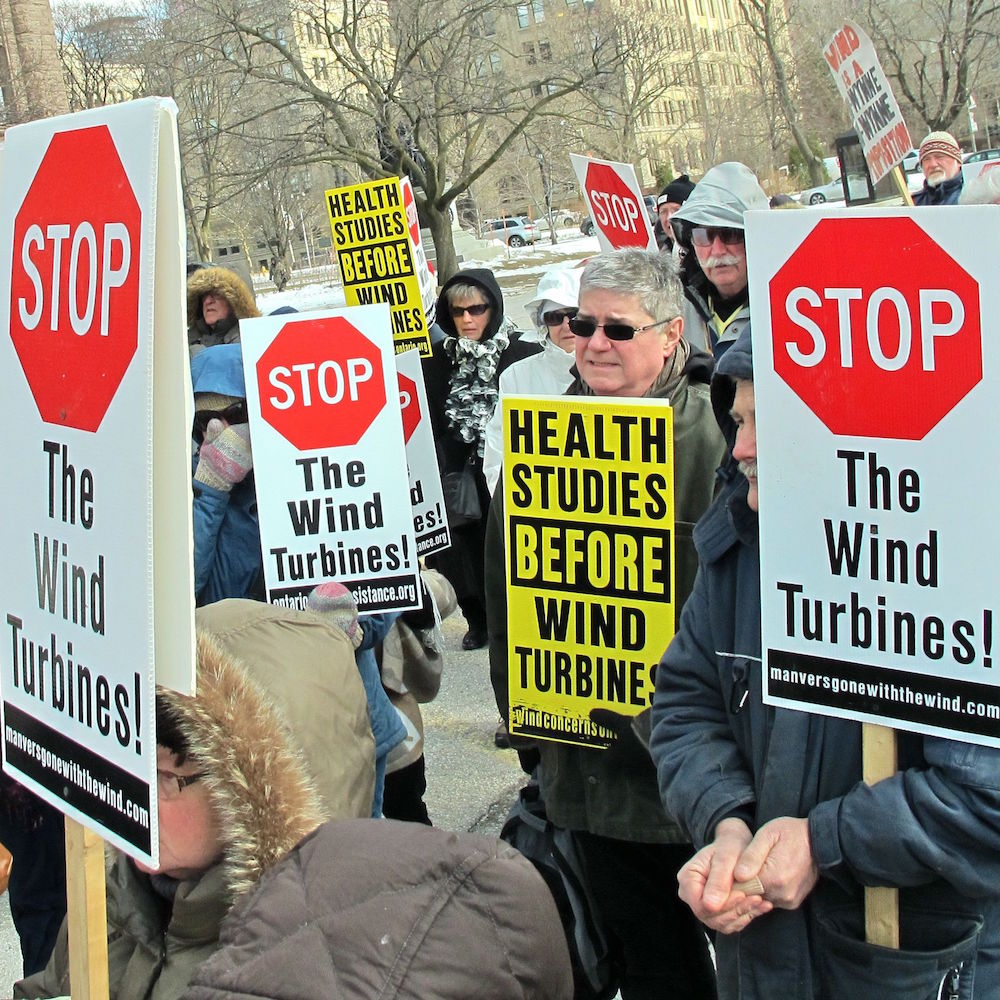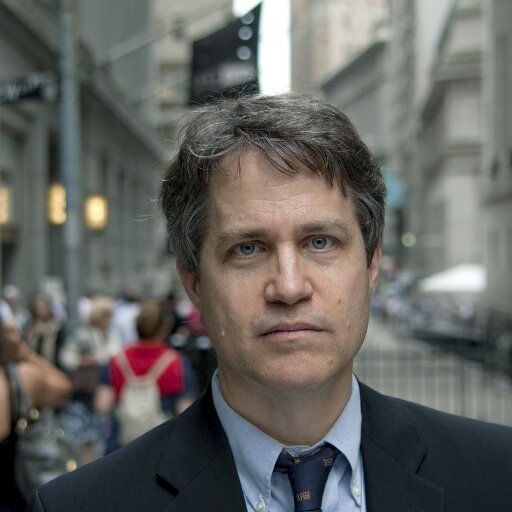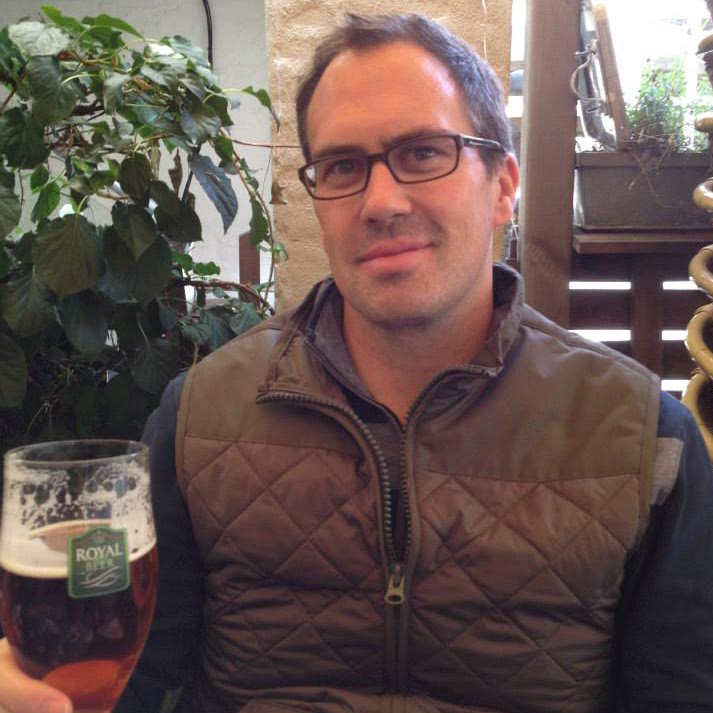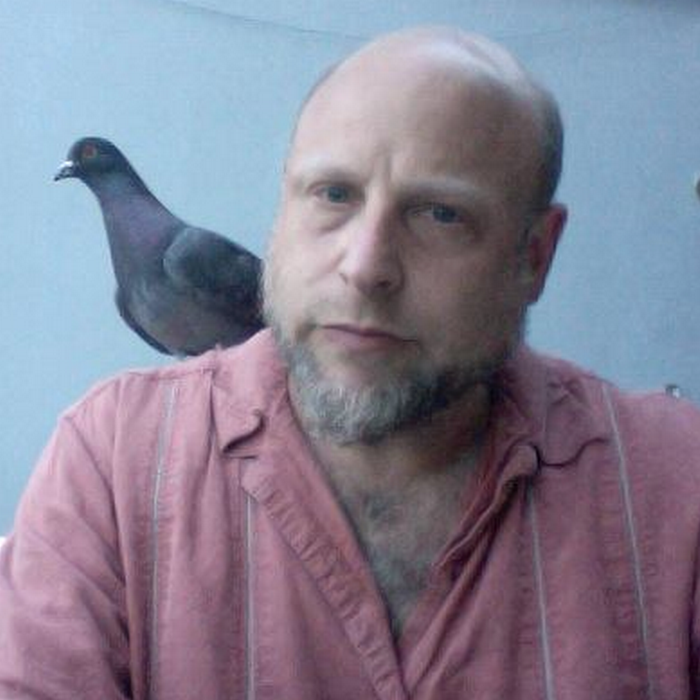Confliction

Surveying a decade of World Bank funded damage to lives and land.
Investigative journalist Michael Hudson surveys the damage done by World Bank funded projects, from destruction of ecosystems to displacement of indigenous people, and explains why increased competition within international development accelerated the problem and what happens when the organization is confronted with evidence of its own effects on the world.
Michael is part of the joint International Consortium of Investigative Journalists / Huffington Post project Evicted & Abandoned: How the World Bank Broke its Promise to Protect the Poor.

Exploring the complicated, diverse economic landscape of post-sanctions Iran.
The Radical Pessimist, Kevan Harris explains why future Middle East problems will be solved regionally and not internationally, then explores the many angles of the US/Iran sanctions story, from the revolution the US thought it could incite in Iran, to the complicated, diverse economy the West will find when it enters the Iranian marketplace.
Kevan’s newest writing is Iran’s Political Economy Under and After the Sanctions for the Monkey Cage blog at the Washington Post.

The American left won the culture wars, but neoliberalism destroyed the battlefield.
Historian Andrew Hartman explores the culture wars of the 1980s and 1990s as a battleground for ownership of a stake in the American identity, the splintering of the coercive illusion of a white, Christian “normative America,” and explains why values lost value in the neoliberal economic revolution.
Andrew’s new book is A War for the Soul of America: A History of the Culture Wars.

We can't argue about climate change if we can't talk about climate change.
Dan Litchfield talks about his frustrations selling Ohio on wind energy, or even talking calmly about wind energy with people against it. He isn’t giving up, but explains that he’s going to spend more time doing something a bit more satisfying – starting up a tiny brewery of his own.
Dan also responds to this interview we did with psychologist Per Espen Stoknes on climate change psychology.

War is Peace? The case for warfare as agent of peace and prosperity.
Historian Ian Morris makes the case that as humanity’s potential for violence grows, and government gain a monopoly on destructive force, we are actually safer and more prosperous than at any time in history.
Ian is the author of the new book War! What Is It Good For? – Conflict and the Progress of Civilization from Primates to Robots.

On filmmaking, politics and the inevitable whiteness of zombies.
Jeff Dorchen is sequestered in his filmmaking hole, and all he can do is imagine a world where Rick Santorum eases into a serape, Hillary Clinton helps black men move out of Harlem, and zombies reclaim their Afro-Caribbean roots from the cold, be-flanneled hands of white appropriators.





